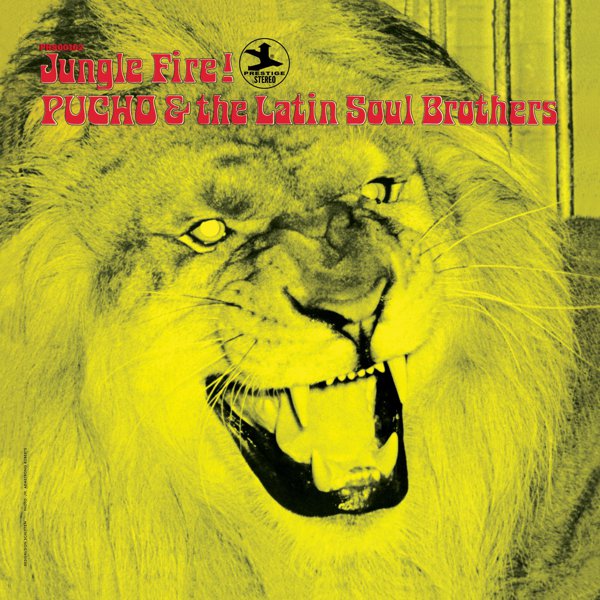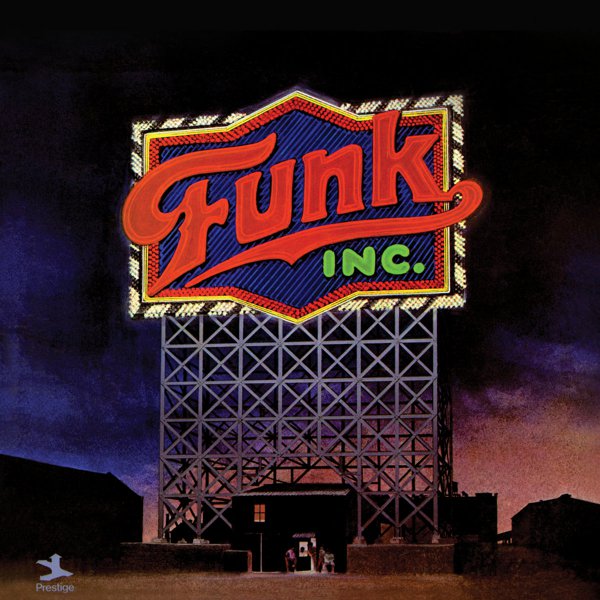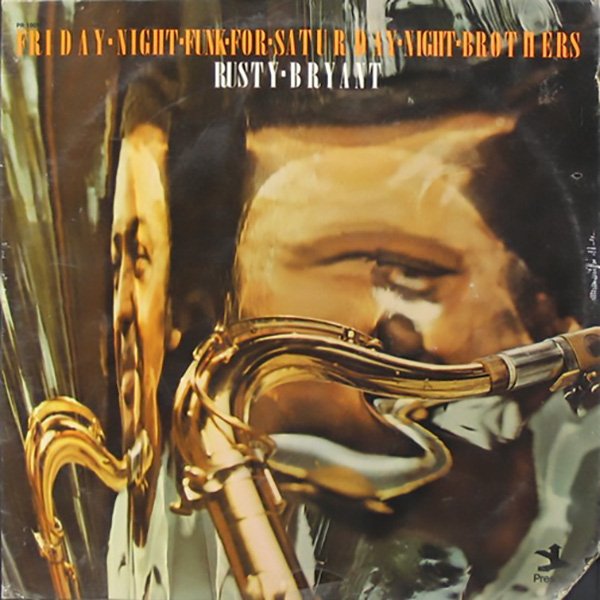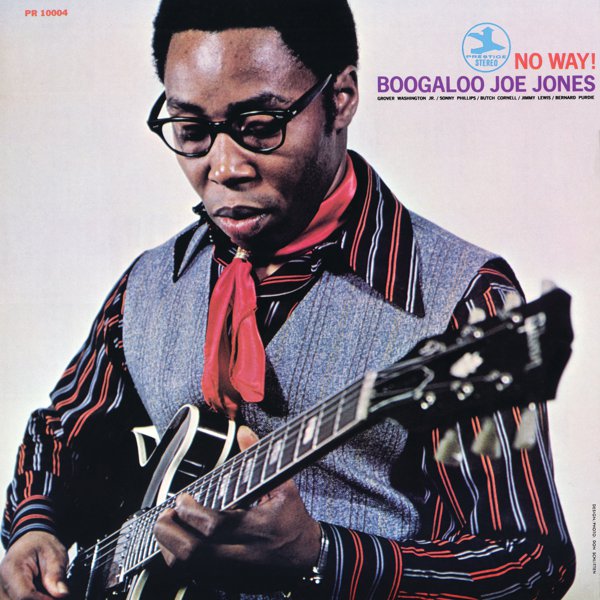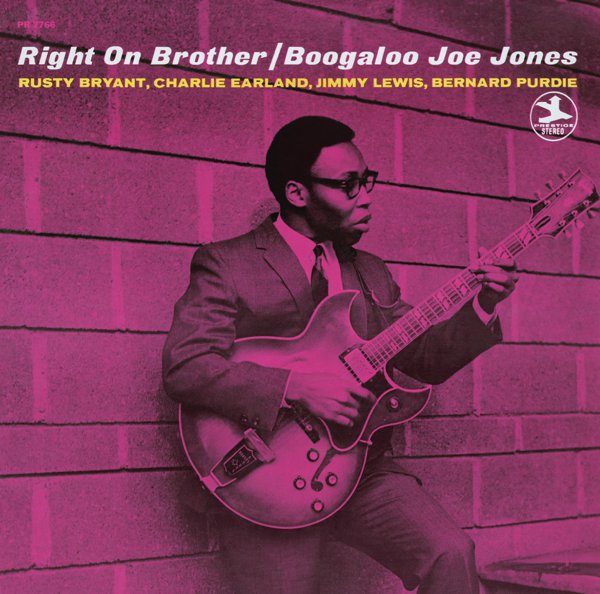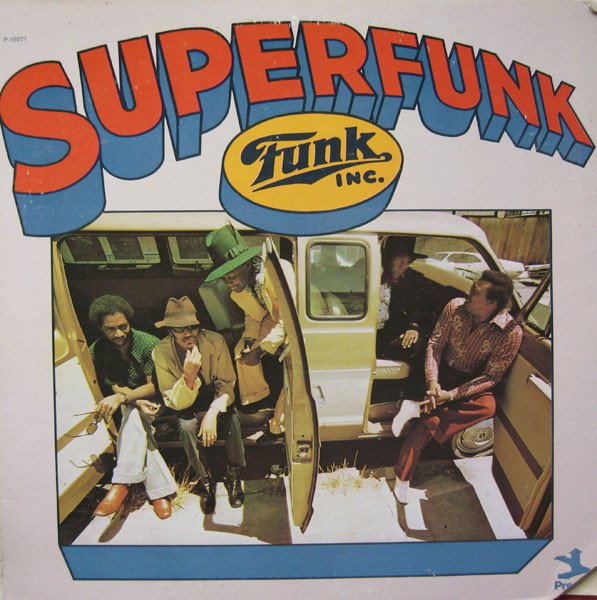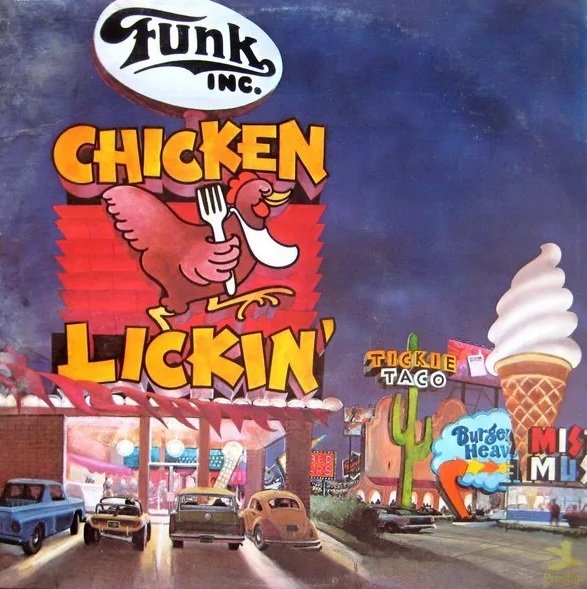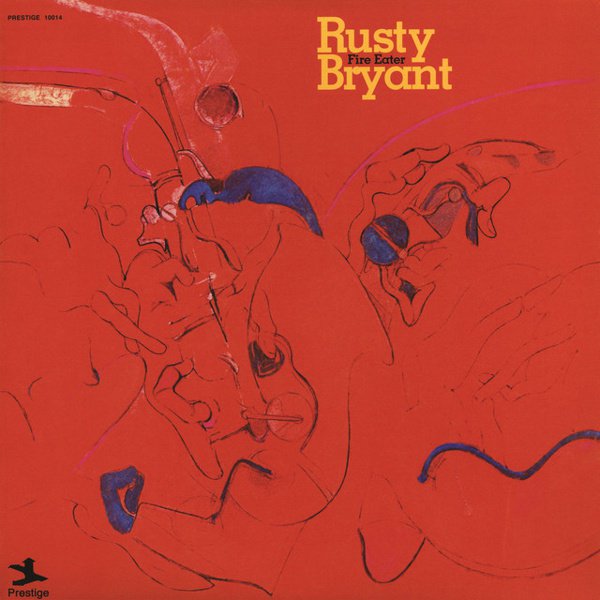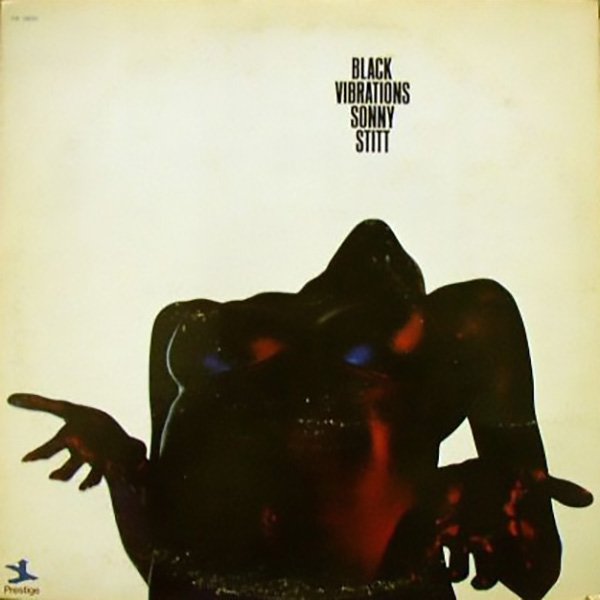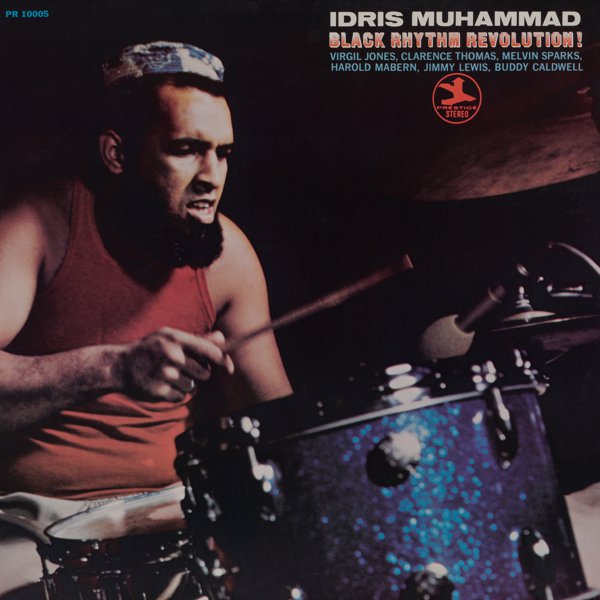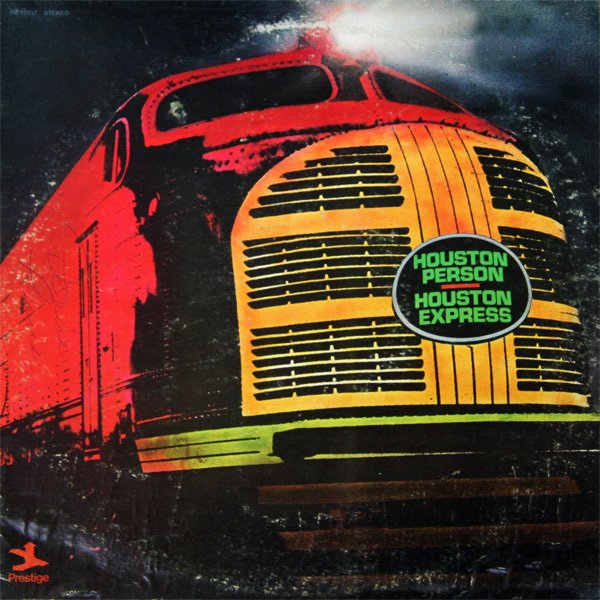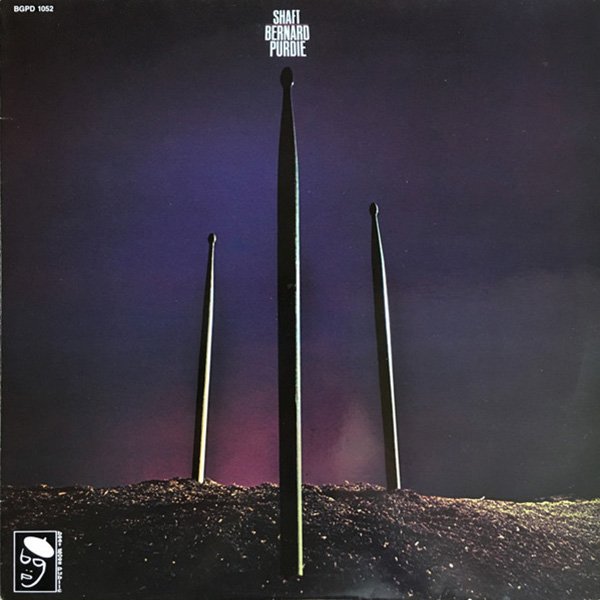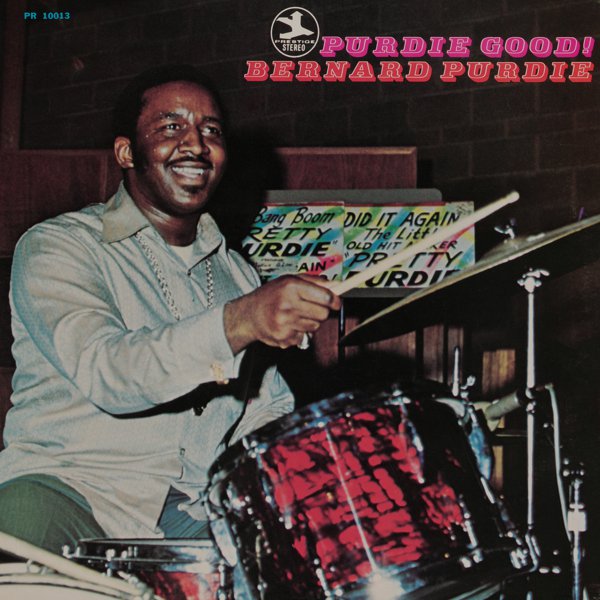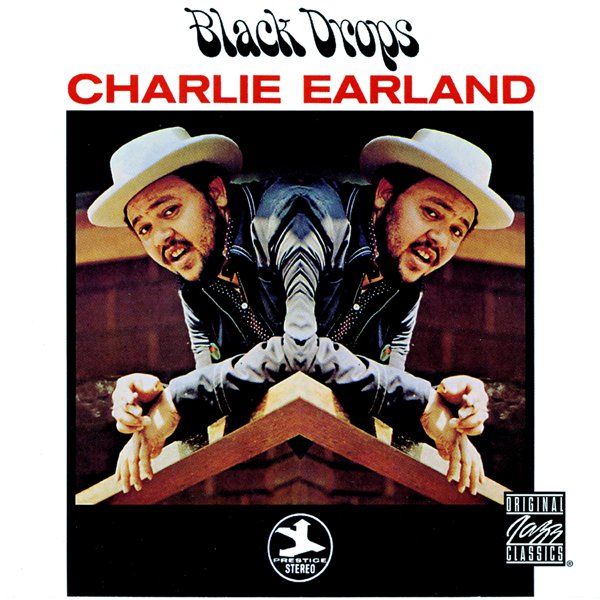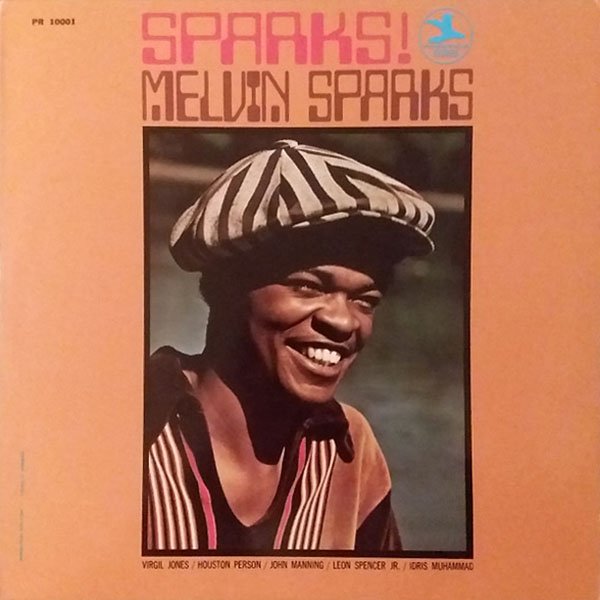This isn’t a guide to Prestige Records because a guide to Prestige could well be novel-length. The New York jazz label has released thousands of albums and singles since it was founded in 1949 and in terms of both quantity and indeed quality is rivalled only by Blue Note. No, this is a guide to the work of a few jazz artists on Prestige, from a particular time, whose work combined emerging musical ideas from the soul and funk world with jazz playing to produce a variant of funk so potent that 15 years later it was the foundation for an entire club movement and sub genre: acid jazz.
Over the course of its history, Prestige had released music from artists including Miles Davis, John Coltrane, Eric Dolphy, Jackie McLean, Coleman Hawkins and Sonny Rollins, and was central in the continuing development of blues-based jazz, bop, hard-bop and cool jazz as well as a sub-genre called soul-jazz. Defined by its ‘blackness’ — its roots in the Black church and the influence of soul and R’n’B — and descended from the progressive innovations of bop and hard-bop, soul-jazz was, at its heart, music to dance to. By the start of the 1970s Prestige had been releasing soul-jazz for at least a decade as artists like Jimmy Smith, Brother Jack McDuff, Johnny “Hammond” Smith and Charles Earland all took their own particular approach to consolidating some of the harmonic innovations of Charlie Parker et al with a more ‘down home’, danceable feel straight from R’n’B that proved to be hugely popular.
Soul-jazz isn’t a particularly cohesive genre as many jazz artists would continue to record hard bop alongside their soul-jazz recordings and some would dip in and out of the genre but broadly, soul-jazz initially peaked in the mid/late sixties, was often based around small organ-based combos, usually had basslines that maintained a strict 4/4 rhythm and was generally characterised by a commitment to creating jazz you could dance to, and which fully engaged with the black music tradition.
Meanwhile, outside the jazz world, the late sixties and early seventies were a very creative and fertile period for black popular music, with various innovations in the soul and funk world proving hugely influential and driving many developments in white rock and pop. The musical vocabulary of soul and R’n’B were broadening as artists like Marvin Gaye and Curtis Mayfield introduced Latin rhythmic elements like congas, bongos and timbales into their recordings. Soul music’s harmonic language changed as the likes of Stevie Wonder and Donny Hathaway began to use more complex and often jazz-derived chords. The very size of black popular music was expanding as artists like Isaac Hayes, Wonder, Mayfield, James Brown and Funkadelic stretched out on their albums, producing longer, more introspective and experimental works, pushing at the boundaries of what black music could be. Technological innovations like multi-tracking, the synthesiser and the introduction of wah wah guitar pedals also changed the very sound of soul and funk too. It was into this creative milieu that many of the soul jazz artists on Prestige began producing jazz records that embraced and incorporated the new sounds and styles of contemporary soul and funk music.
Crucially, these records embraced the late 60s rhythmic innovations of James Brown, who had moved the rhythmic emphasis in his records to the first beat of the bar rather than, as was traditional in R’n’B, the offbeat. Equally, many Prestige jazz outfits utilised the highly syncopated New Orleans-style drum beat — the ‘Funky Drummer’ — that Brown had introduced to his records in the late 60s. Utilising these funk foundations, artists including guitarists Melvin Sparks, Ivan ‘Boogaloo Joe’ Jones, drummers Bernard Purdie and Idris Muhammed and saxophonists Rusty Bryant and Houston Person, many of whom were session players on each other’s records, produced records that proved to be so danceable that they were resurrected years after release via several UK revivalist club scenes.
All through the 80s and 90s, underground UK club scenes like rare groove, jazz dance and in particular acid jazz, adopted, resurrected and in some cases covered or recreated many of these classic recordings. Some of these albums were rare and became highly sought after, containing tunes that were underground dance floor classics years after release, sometimes rejuvenating artists’ careers as DJs and promoters got them over to the UK to play.
So this guide isn’t the best of Prestige Records. It’s not even the best of early 70s Prestige because the label was still releasing plenty of quality straight-up jazz during this period. This guide gathers together just a few of the funkiest jazz that the label put out during this period, records that had such dance floor voodoo that years later and thousands of miles away from their original context, they set dance floors all over the UK aflame. This is the sound of Prestige getting funky.

